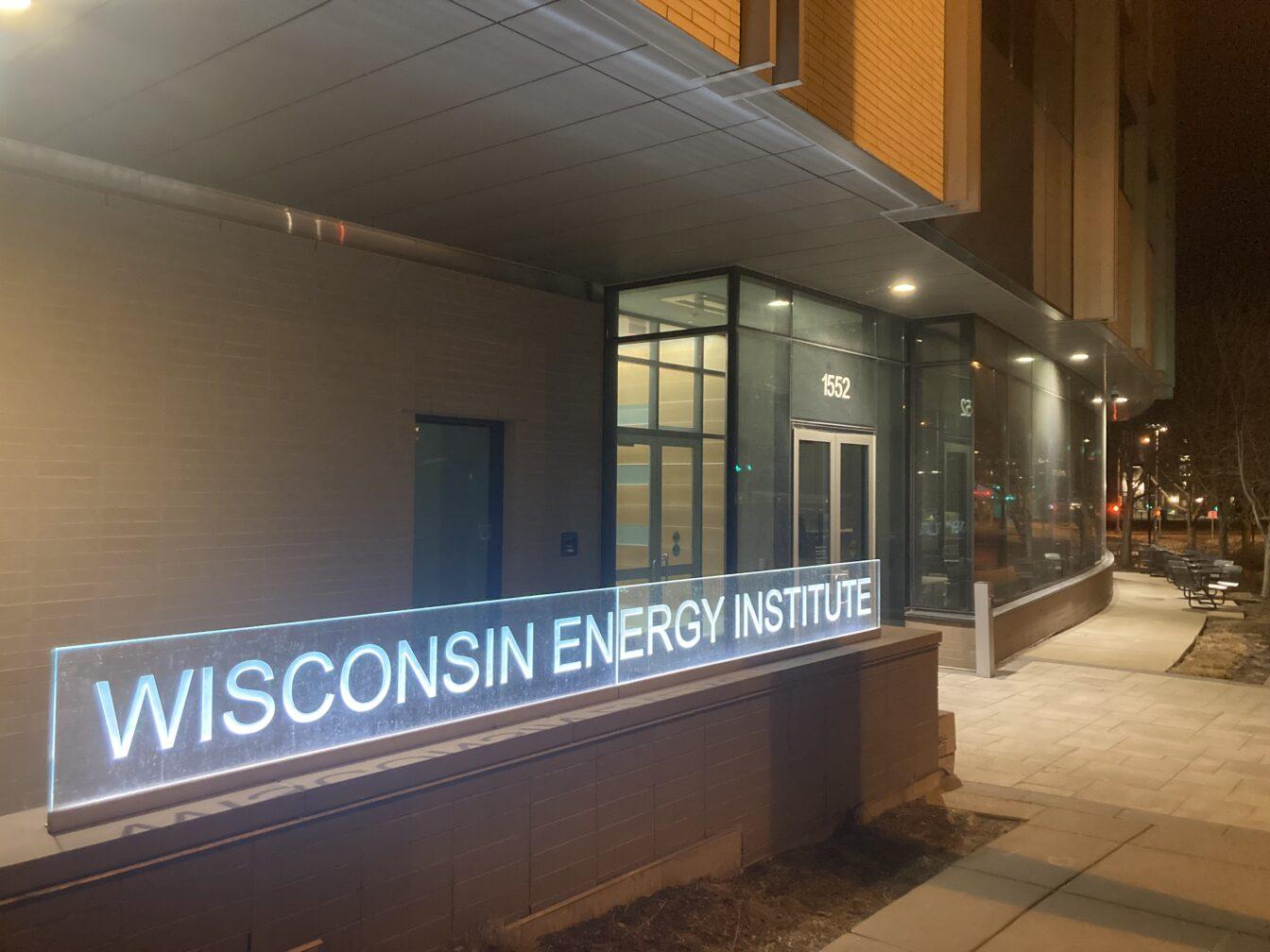The Wisconsin Energy Institute hosted a forum titled “Empowering Wisconsin: Community-led Energy Transition” Oct. 24. Panelists included postdoctoral researcher in the Department of Life Sciences Communication Mikhaila Calice, LSC assistant professor Kaiping Chen, Wisconsin Local Government Climate Coalition executive director Allison Carlson and Focus on Energy Community Liaison Manager Brady Steigauf. The panelists provided multiple perspectives on the many factors in leading a community to more sustainable and cleaner energy.
“Systemic and individual-level changes are required for clean energy transition,” Chen said.
According to Chen, it’s important for people to speak about energy issues they’re seeing in their communities. A field experiment showed participants who connected their stories to energy issues felt more informed and empowered to create change in their community regarding the transition to clean energy.
Effective methods to facilitate discussion include community forums with identity-based storytelling to engage underserved communities and digital forums to facilitate greater online engagement, Chen said.
New UW project aims to create sustainable plant-based plastics
Carlson said another major way Wisconsin communities are leading energy transition is through collective strength. In times when the political environments are polarized, one voice may not make a huge impact, but the collective effort of multiple voices and perspectives can inspire a greater impact. Several barriers to energy transition were brought up in different communities leading to building on and solving each other’s barriers.
Centering the community in the energy transition is the best approach to build from the ground up, Carlson said. The transition must also address the best interests of the community, including residents and businesses, Steigauf said.
Steigauf said interaction between the community and utility providers is important to drive the change to clean energy. Focus on Energy is a company that works with over 100 utility providers to deliver rebates for renewable energy and provide technical assistance all over the state of Wisconsin.
“It’s exciting to see local communities getting more active in this space to demand sustainable and clean energy,” Steigauf said.
Brady said communities still face many barriers in the transition to clean energy, like a lack of data on greenhouse gas emissions. This makes it difficult for communities to gauge their energy use and adjust to their energy plans.
Campus experts research learning alternatives to standardized tests, current science curriculum
Other barriers include socioeconomic disparities, language barriers in Hispanic communities and economic barriers, according to Chen.
“Those who [attend] events that lead energy transition efforts are usually not that diverse,” Chen said.
Communities with a higher income are more likely to participate in sustainable energy transitions than lower-income communities, Steigauf said. The question then becomes how to reach marginalized communities to participate in energy transition efforts.
Solutions to these barriers include incentivizing energy transition to lower financial burdens and appealing to the motivations of the community. This can involve working with local and federal governments and utility companies to lower the cost of clean energy, the panelists said.
Local governments are stepping up to lead the energy transition efforts to create a more sustainable earth. As larger sums of federal funding are coming in to local governments, community members are leading the change to a greener and cleaner Earth for the future of the planet, Steigauf said.


















